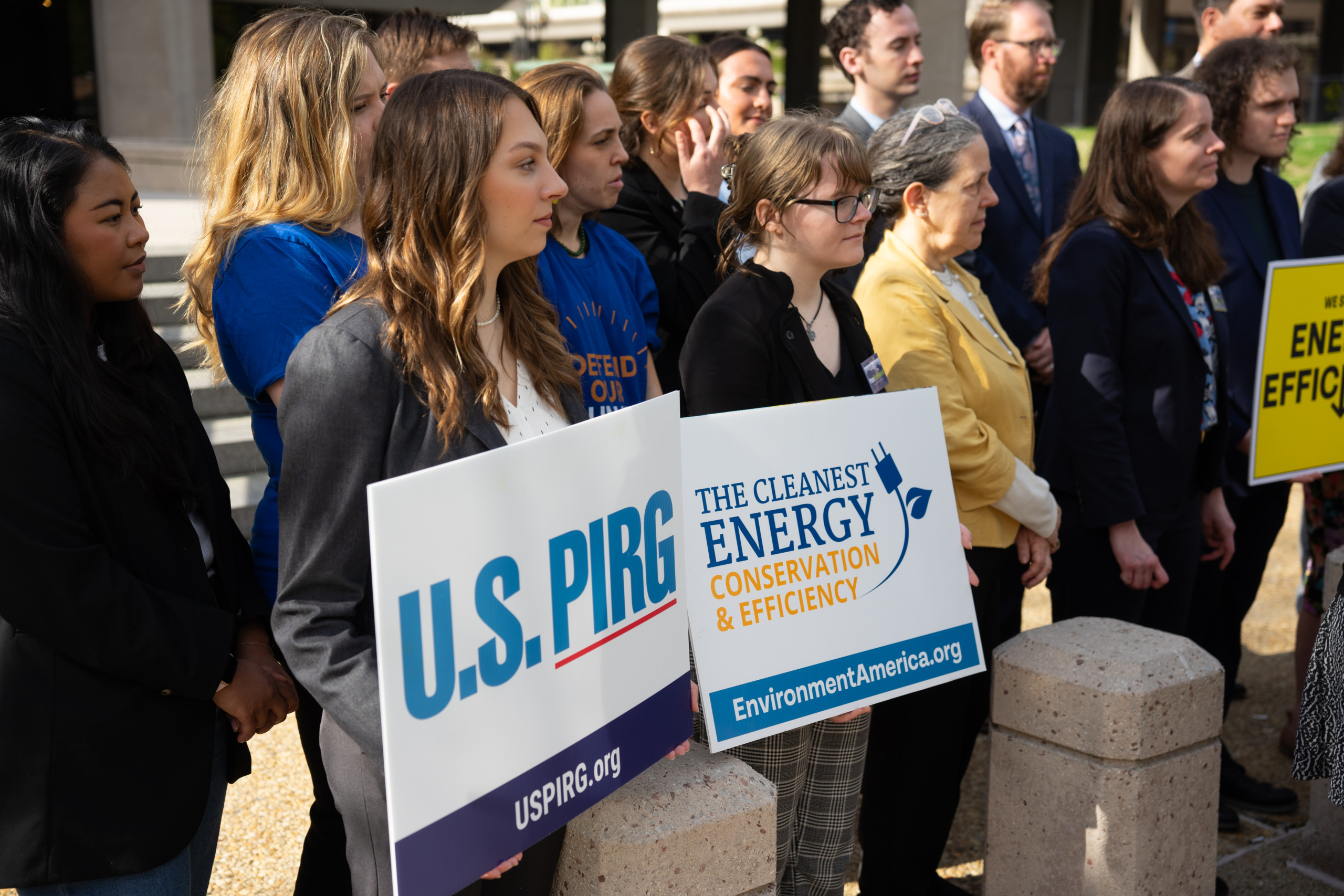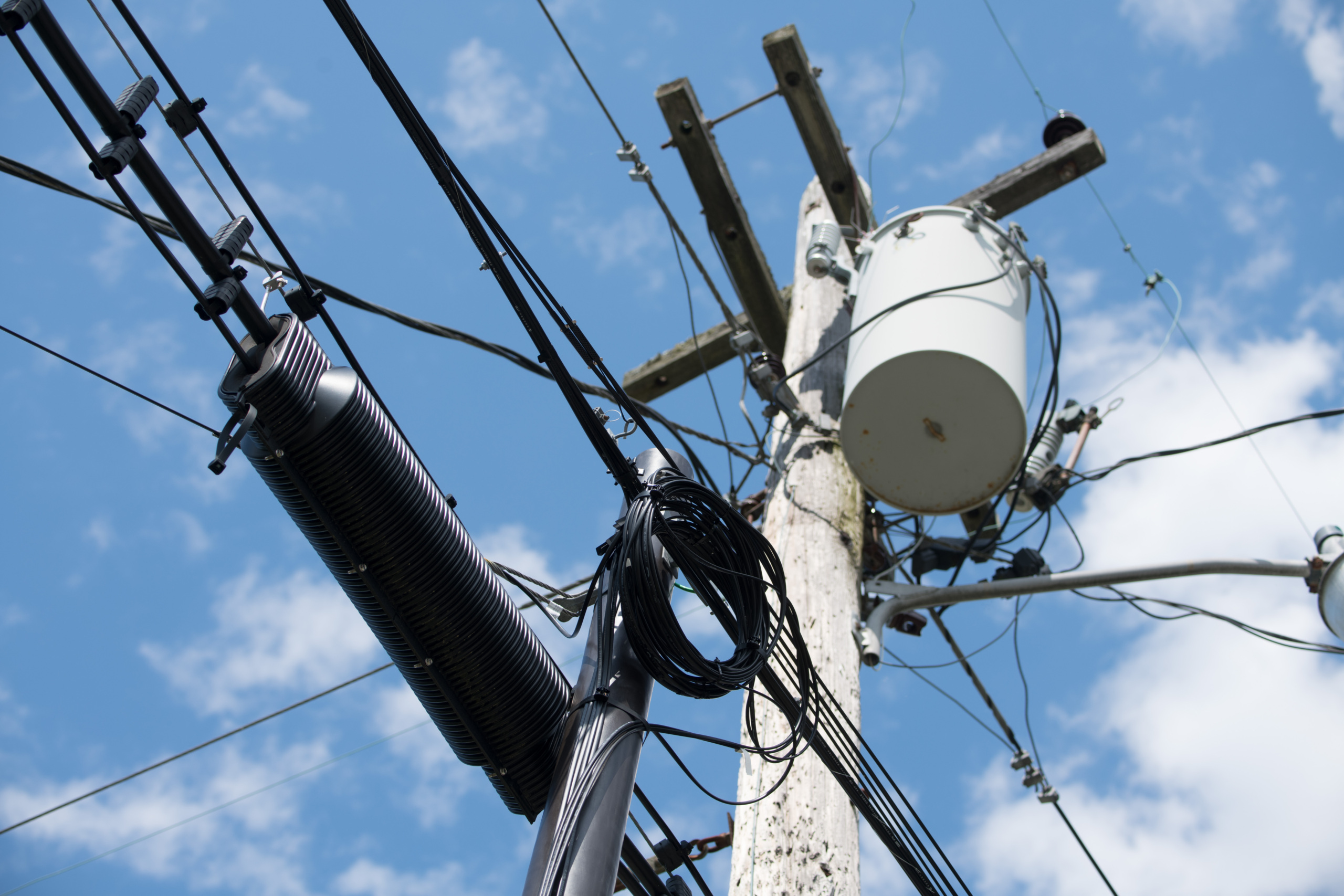
High food prices could be linked to food waste, not just inflation
When food waste cuts into profits, grocery stores get a tax deduction. Meanwhile, shoppers pay higher food prices to account for inefficiencies that create food waste.

Over the last several years, consumers have seen food prices rise as supply chain disruptions, labor shortages, and inflation have all impacted food manufacturers’ and retailers’ ability to get food where it needs to go. But a 2022 article from Forbes highlights how food loss and waste could also be contributing to high food prices.
Today, food loss and waste is treated as a tax deduction for grocery stores because the waste cuts into their profits. Meanwhile, whatever inefficiencies plague the system end up being paid for by shoppers, according to James McCann, the former CEO of grocery chains Tesco, Carrefour and Ahold USA. He says: “It’s billed into the price the consumer pays.” That’s a bad deal for consumers just trying to put food on the table, and a pretty backwards incentive system for such an important problem.
“It’s billed into the price the consumer pays.” – James McCann, former grocery CEO
Each year, more than $400 billion worth of food is wasted in America. Meanwhile, according to food waste group ReFED, 2021 saw the highest investment in food waste “solutions” since the group started tracking the data, with more than $2 billion dollars invested – less than 1% of the annual cost of food waste. In order to reconcile the problem of massive food waste amid widespread hunger, tackle the environmental issues associated with food waste, and ensure consumers get a fair deal when it comes to food prices, there needs to be a lot more investment in food waste solutions and a lot less tax money going toward wasted food.

Topics
Updates

Energy Conservation & Efficiency
Groups urge Biden to ‘Finish the job’ on appliance efficiency

Energy Conservation & Efficiency
Transformer efficiency rule leaves energy savings on the table

120,000 biometric gun safes recalled because they don’t lock; four brands affected

Energy Conservation & Efficiency
Stove efficiency standards finalized

